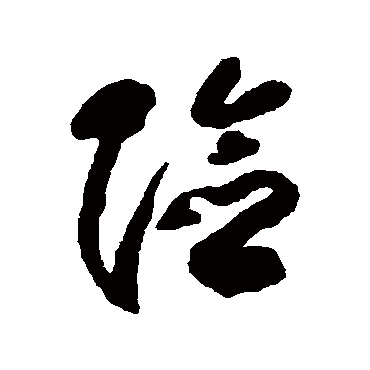(1/8/2014 Update: Please see http://neologyratology.blogspot.com/2014/01/ratology-lingo-update.html for the updated Ratology Lingo list)
My writing in the Ratology domain is mostly nothing too close to standard English. I know it along the way but since I have been using language this way so long, many of the usages have become the standardized Ratology usage. (Of course, some part of my strange English is simply due to either mindless mistakes or my not-knowing-English-too-well kind of error. 8-O lol)
After I went through the notes and edits of proofreaders who went through the model I developed on my psychosis, I got to better identify how Ratology lingo deviates from standard English. One thing I have to stress is that I have no way to tell whether these preferred usages are a manifestation of the pathology or not--could be and could be not. Following is a list of Ratology language usage (still a work in process) with some of the points actually already mentioned in the Neologism in Ratology blog.
My writing in the Ratology domain is mostly nothing too close to standard English. I know it along the way but since I have been using language this way so long, many of the usages have become the standardized Ratology usage. (Of course, some part of my strange English is simply due to either mindless mistakes or my not-knowing-English-too-well kind of error. 8-O lol)
After I went through the notes and edits of proofreaders who went through the model I developed on my psychosis, I got to better identify how Ratology lingo deviates from standard English. One thing I have to stress is that I have no way to tell whether these preferred usages are a manifestation of the pathology or not--could be and could be not. Following is a list of Ratology language usage (still a work in process) with some of the points actually already mentioned in the Neologism in Ratology blog.
- Me’s, myselves, and Is. Nothing grand and no mistakes... given my split-headed existence and as an attempt to acknowledge all the voices etc in me... there came... "mes, myselves, and Is."
- I like to put words together to create a new word.
- I like to build sentences this way: aberrant my brain structure or limited my words as opposed to my aberrant brain structure or my limited words
- I like to build sentences this way: verb+not as in turn right not
- I use emoticons to express feelings :-O :-X :-D lol
- I like the sound of what it be like as opposed to what would it be like
- I like to use da, them, la, etc as opposed to the standardized the
- I like to use double negatives: should there be no nothing
- I like the word: Donno
- I like the word: Ain’t
- I use the notion of “self” a lot because being psychotic is all about all things relating to me’s, myselves, and I’s. Therefore, terminologies like self-related.
- I like to use vernacular language
- I use the term “the normal” to refer to “the non-psychotic”
- Sometimes psychotic is used as a noun to represent a person with psychosis
- In terms of comma, I really don’t know my commas too well. However, sometimes that comma I put in does mean a pause partially because I do think slowly and there are pauses between my thoughts
- The Apocalypses and the notion of being killed a million and a time I speak of refer to the scenarios at the height of my second full-blown psychotic episode.
- Bend and snap: As per Elle in Legally Blond, "In my experience, it has a 98% success rate of getting a man's attention and when used appropriately -- it has an 83% rate of return on a dinner invitation. It's called the 'bend and snap.'" As per yours truly, I might have to swap "a man's attention" to "my symptoms' attention" and "a dinner invitation" to "an increase in medications." 8-O lol
- I use the word “la” at the end of the sentence at times. Since 2-3 years ago and after I went back to Taiwan, I picked up this usage of "la" because I simply like it la! Them "la's" you see in my writing, it's the pinyin of the Chinese character "啦": a final particle of assertion.
(This writing is cross-posted in Ratology Reloaded.)



